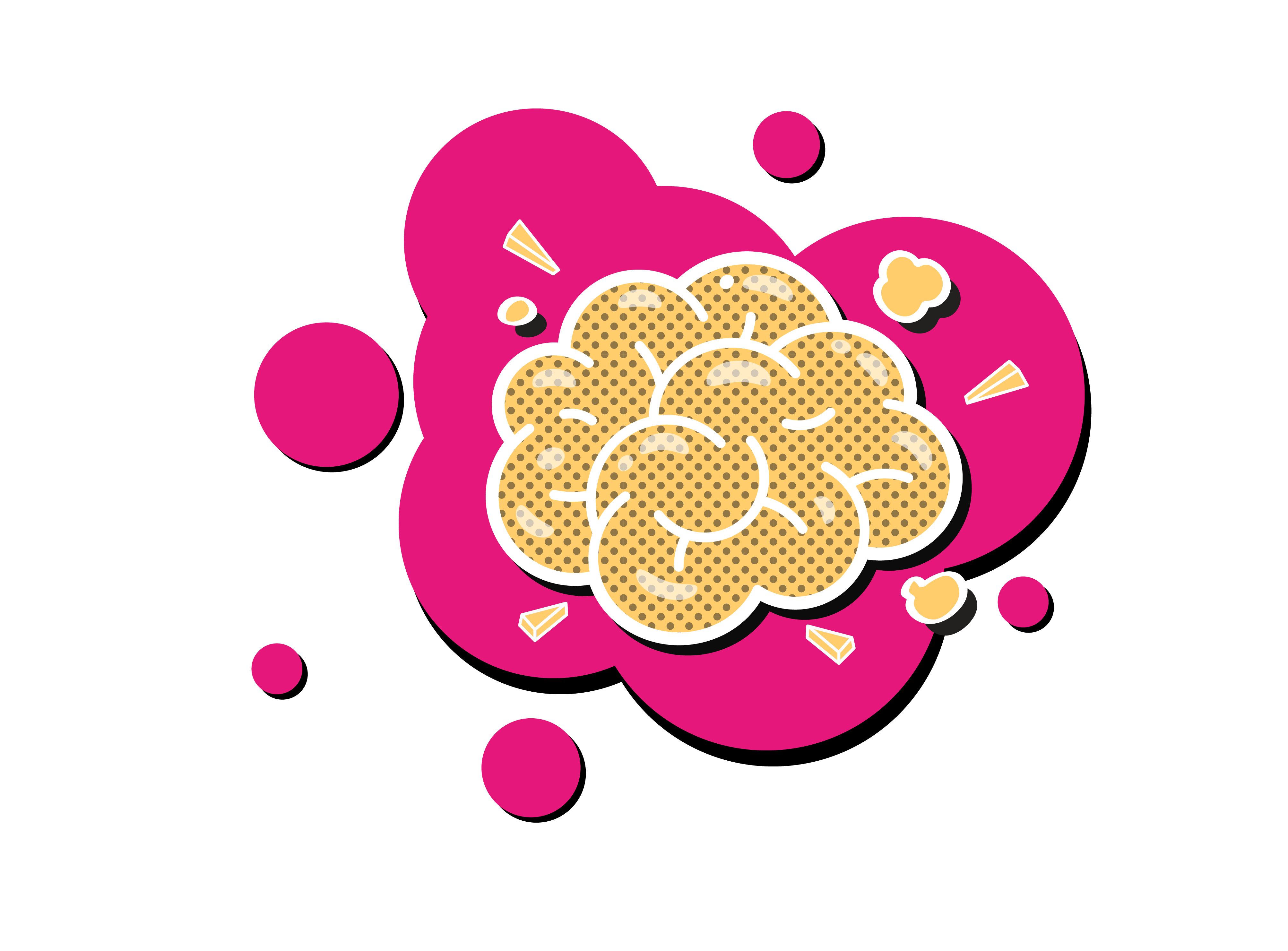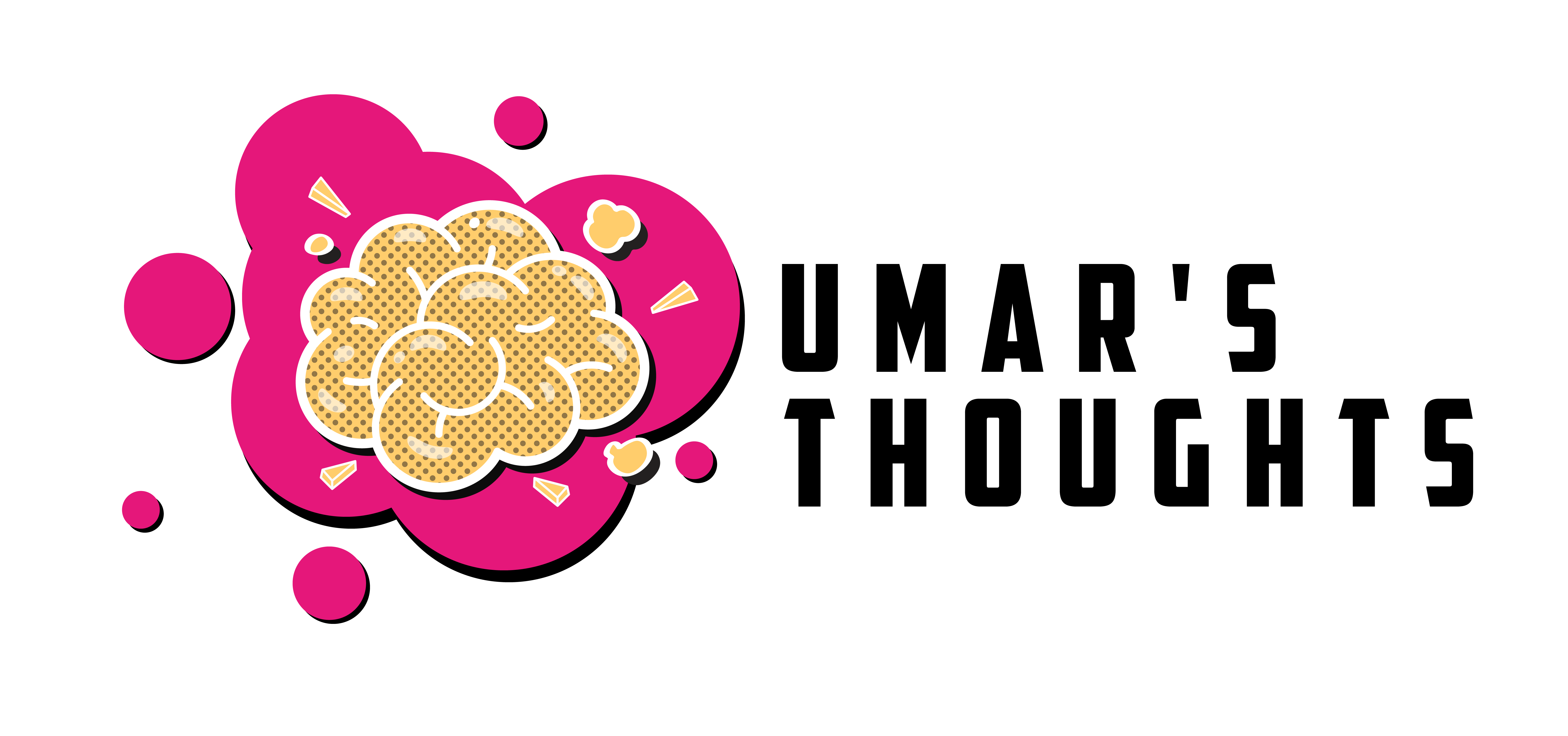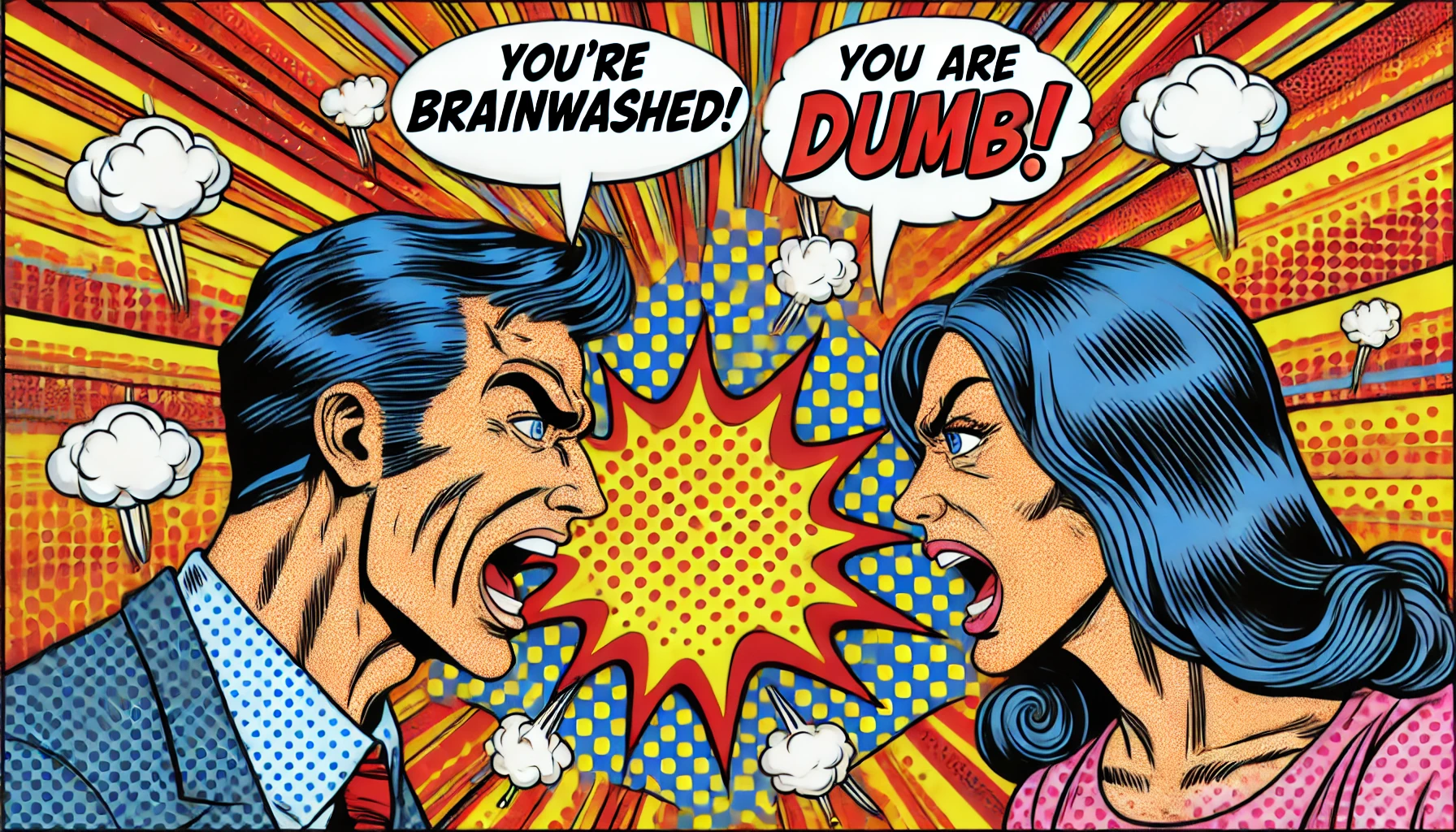A few weeks ago, I was sitting at a coffee shop when I overheard a conversation that escalated way too fast. Two guys were discussing Imran Khan, a standard political debate. At first, it was just an exchange of dialogues, but then one of them said,
“If you support him, you’re brainwashed.”
The other guy fired back:
“If you’re against him, you don’t love Pakistan!”
And just like that, a simple discussion turned into a heated argument.
This happens constantly, whether it’s politics, religion, or even something as stupid as iPhone vs. Android. The moment someone challenges our views, we don’t just disagree; we feel attacked, and we go on the defensive. We argue harder, we try to prove why we’re right, and before we know it, the discussion turns into a war.
But why? Why do we react emotionally to what should be a rational exchange of ideas? Why does a disagreement feel like a personal insult? Let's try to get the answer through psychology, neuroscience, and philosophy.
The Brain’s Fight-or-Flight Response to Arguments
Neuroscientific studies show that when our deeply held beliefs are challenged, the brain reacts as if we are under physical attack.
The Animal Brain (Limbic System)
- This includes the amygdala, which handles fear, survival, and emotions.
- It triggers the fight-or-flight mode when it detects a threat.
- It acts fast and reacts emotionally rather than rationally.
The Human Brain (Prefrontal Cortex)
- This part is responsible for logic, reasoning, and impulse control.
- It helps us analyze situations rationally and make better decisions.
- It takes longer to process information compared to the limbic system.
When someone challenges our beliefs, our brain doesn’t treat it as a debate; it treats it as a threat. This is called the “Amygdala Hijack.”
A 2016 study (Kaplan et al.) showed that when people’s political or religious beliefs were challenged, the brain’s fear center (amygdala) showed more activity, while the logical brain (prefrontal cortex) was suppressed
- In “fight mode,” we become aggressive, defensive, and emotionally charged.
- In “flight mode,” we disengage, dismiss the other person, or refuse to listen.
This is why political and religious debates often escalate beyond logic. Our nervous system perceives a threat not to our beliefs but to our identity.
The Role of Identity-Protective Cognition
Psychologist Dan Kahan explains this through identity-protective cognition. When information threatens a belief tied to our sense of self, our brain instinctively rejects it, even if the information is objectively true. His research found that the smarter you are, the better you become at rationalizing false beliefs if they reinforce your identity. Intelligence doesn’t make you immune to bias it often makes you better at defending the biases you already have.
The Confirmation Bias Trap
Psychologist Peter Wason (1960) first identified confirmation bias, the tendency to seek out and believe information that aligns with what we already think while ignoring anything that contradicts it.
A study (Nyhan & Reifler, 2010) found that when people were shown scientific evidence contradicting their political beliefs, they didn’t change their minds; they doubled down on their original stance. The more emotional the topic, the stronger this effect.
So, when someone presents facts that contradict your beliefs, your brain doesn’t just disagree; it treats those facts as an attack and actively works to dismiss them.
The Philosophical Perspective: Why We Mistake Beliefs for Ourselves
This isn’t a new problem. Philosophers have been warning about this for centuries.
Socrates and the Danger of Certainty
Socrates spent his life questioning people who thought they knew the truth. His method, the Socratic dialogue, exposed how little people understood their own beliefs.
“I know that I know nothing.” – Socrates
The more certain you are, the less likely you are to grow. Socrates believed that intellectual humility, the ability to admit you might be wrong, is the key to wisdom.
Buddhism: Attachment to Beliefs Leads to Suffering
Buddhism teaches that attachment is the root of suffering not just attachment to material things, but to ideas as well.
- When you attach your self-worth to your beliefs, every challenge feels like an attack.
- Detachment doesn’t mean believing nothing; it means holding ideas lightly, knowing they can evolve.
Nietzsche: People Seek Power, Not Truth
Nietzsche argued that people don’t search for truth; they search for narratives that make them feel powerful.
“Sometimes people don’t want to hear the truth because they don’t want their illusions destroyed.” – Nietzsche
People don’t just want to be right; they want to be seen as right. They want their worldview to dominate. This is why debates often feel more like power struggles than intellectual discussions.
Let's try to free ourselves: Separating Who You Are from What You Believe
The goal should always be to grow intellectually and engage in meaningful discussions. We need to stop treating beliefs or ideologies as a part of our identity.
Recognize the Emotional Trigger
Next time when you feel angry in an argument, just pause and take a break. It's hard to think rationally at that time, as we discussed above. Ask yourself, "Am I defending the truth or just my ego?"
Challenge Your Own Beliefs Regularly
Instead of just reading things that reinforce your views, talking to people who are in the same mindset bubble as you, liking the pages, and subscribing to the channels that validate your ideas, deliberately seek out opposing perspectives. Doesn't matter if you are a liberal, conservative, religious, or atheist; read the critiques of the other side as well. The goal isn't to switch sides or even be on a side but to refine our reasoning and try our best to get to the truth.
Shift from Winning to Learning
Let's stop treating arguments as battles. Instead, approach them like a scientist testing a hypothesis. If new evidence emerges, be willing to update your beliefs. If you can’t change your mind in the face of new facts, you’re not thinking; you’re just defending a mental fortress. It's okay not to know as well.
The ability to say “I don’t know” is a sign of confidence, not weakness.
Final Thought: Who Would You Be Without Your Beliefs?
If all your beliefs about politics, religion, or society were taken away, who would you be? Most people have never asked themselves this question. But if you separate your identity from your ideas, you become something greater than your beliefs. You become a seeker. A thinker. Someone open to truth, wherever it leads. And when you reach that point, arguments stop being threats. They become opportunities to question, refine, and grow. Because at the end of the day, the mind isn’t a battlefield. It’s a workshop. The only real loss is refusing to evolve.



Great article
Nice Article Umar, I really like your simple explanations both from the neurological and philosophical perspective.
The Buddhist quote you mentioned is among my favorite quotes but I had never thought of it as something that applies outside the material realm – to one’s ideas and beliefs. I had always interpreted it as attachment to materials and how we should avoid that.
I agree that one should just pause when engaging in discussions opposite to one’s beliefs and ideas and try to make room for the Prefrontal cortex to engage-in. Having said that, It sometimes is hard to control the Amygdala who wants to fight conflicting ideas. After all we monkee xD
You know I can’t thank our mutual influence enough for teaching this point that we should treat ideas as a scientist does to his theories in a lab. If the experiment supports the hypothesis we accept it else we throw it in the bin. Our schooling has taught us the opposite and unlearning that has been a real challenge at-least for me.
Your last question is a difficult one. I don’t know who I would be if my beliefs in religion, society and politics were taken away. Maybe I’d be a confused soul looking to find something to stick to or some dead guy, I don’t know.
In the end, I just wish to die before the day I refuse to evolve when it comes my beliefs, ideas and understanding of things around me.
Thanks for the feedback, for the last question the point is not to live without any beliefs but more of giving up on beliefs that are proved wrong, without any hesitation. Beliefs are an important part of us and an inevitable part of our personality. Even ” I’ll listen to others and evaluate what they are saying and change my beliefs if they are wrong” is a belief itself. We should have beliefs but we should know how to entertain others beliefs and how to have a disagreement with respect and trying our best to achieve the truth.
Thanks for reading Yousaf.